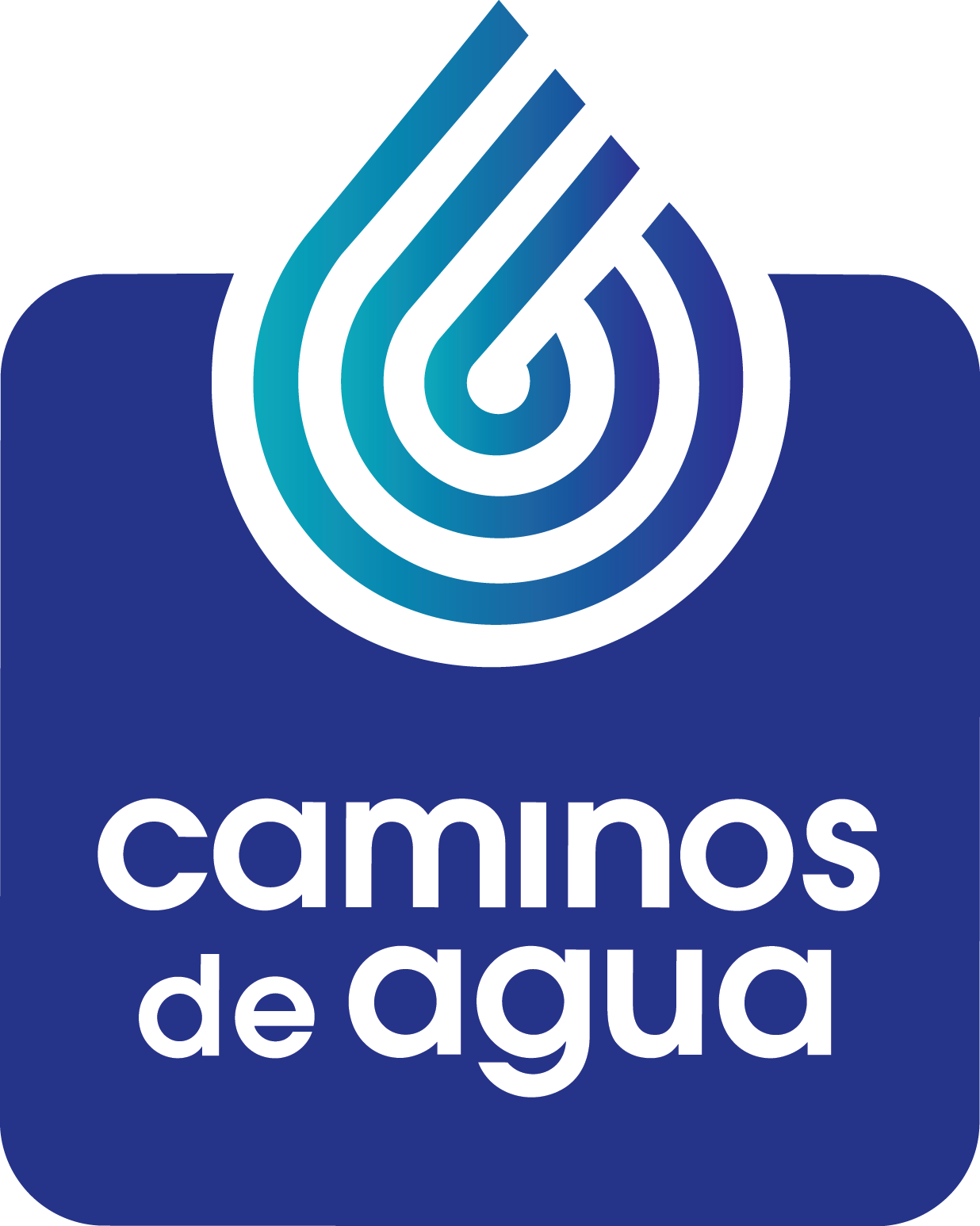How We Work
From the lab to the community... and back again
In Caminos de Agua, we strive for obsolescence. If we say access to safe and healthy water is a basic human right (which it is), then inherent to our goals is a yearning to cease to exist. To be irrelevant and redundant. To be obsolete. So we start by trying understand why something so fundamental is so elusive for so many.
A water filter cannot solve illness caused by water-borne pathogens. If it could, a third of the global population wouldn’t be lacking access to safe drinking water. A technology is a tool, and unless it is designed for those who need it and owned by those who use it, it is a fairly useless tool.
We firmly believe that generating lasting and meaningful impact on drinking water supplies is dependent on the intersection of low-cost, proven technologies with an implementation model driven by the local community actors who use them.
Our technologies are based on rigorous science, tested under real-world conditions, and utilize ubiquitous materials easily found most anywhere in the world. Our technologies are protected under open-source licenses — making them free to use for all without restriction. We seek out leading researchers who share our worldview and partner with academic institutions and international NGOs to support the development of our technical solutions. Our active research partners include: North Carolina State University, Engineers Without Borders UK, University College of London, Texas A&M University, University of Guanajuato, University of Oregon, Kansas State University, and the National Public Health Institute in Mexico.
Our implementation is done in partnership with grassroots organizations and community coalitions – following the initiative of local leaders. Community members provide thousands of hours of volunteer labor and make all decisions regarding project organization, beneficiaries, and locations. In this way, our water solutions strengthen existing community processes — contributing to stronger, better-organized, and more resilient communities. Community partners and organizations include: Pozo Ademado Community Services, The San Cayetano Community Center, El Maíz Más Pequeño, and United Communities for Life and Water — a coalition of 21 rural communities in the most impacted region of our aquifer.
Our process is accompanied by comprehensive educational programs and followed by an extensive monitoring and evaluation program that allows us to measure our success, as well as our failures, and better adapt to the needs of local communities. We combine installations of our water systems with trainings and community-led workshops, supported with our appropriately-designed educational materials and technical supplements. A well-designed monitoring and evaluation program informs the inevitable changes necessary to improve our technologies, methodology, and consequently, our impact, over time.
Caminos de Agua.
Community focused. Technology driven. Solution oriented.
Our Approach
Drawing on years of well water monitoring, community work, university collaborations, and research & development, we’ve developed a three-tiered approach to assuring safe, healthy, and accessible drinking water.
SAFE WATER
Safe water is free of biological pathogens (aka: “bacteria”), which are a principal cause of childhood mortality globally. More than 2.1 billion people live without access to safe drinking water. Our certified Ceramic Filter is affordable, effective, and can be adapted to most any container. Learn more about our Ceramic Filters here.
HEALTHY WATER
Dissolved minerals, heavy metals, and chemicals in drinking water are a growing global concern and long-term exposure can cause numerous cancers and a host of other health problems. Most of these contaminants easily pass through traditional water filters and require specifically designed solutions. On our aquifer, arsenic and fluoride are prevalent in community water supplies, causing dental and skeletal fluorosis, developmental disorders in children, skin problems, and even cancer. Low-cost, appropriate solutions for arsenic and fluoride simply do not exist. So, we had to create one. Learn more about our groundwater treatment system here.
ACCESSIBLE WATER
What do you do when the well runs dry? This is an alarming reality for many in our region. As the water table drops, community wells are drying up and many are quite literally collapsing in on themselves — leaving entire villages without water access. Today, 3.6 billion people – or about half the entire global population – live in water scarcity conditions. By 2050, that number will reach more than 5 billion. Rainwater is immune to water table loss, and it also happens to be inherently free of mineral contaminants like arsenic and fluoride. Caminos de Agua’s rainwater-harvesting programs improve community health, reduce environmental stress on over-extracted aquifers, and give people control and consistency over their water supply. Learn more about our rainwater harvesting work here.








